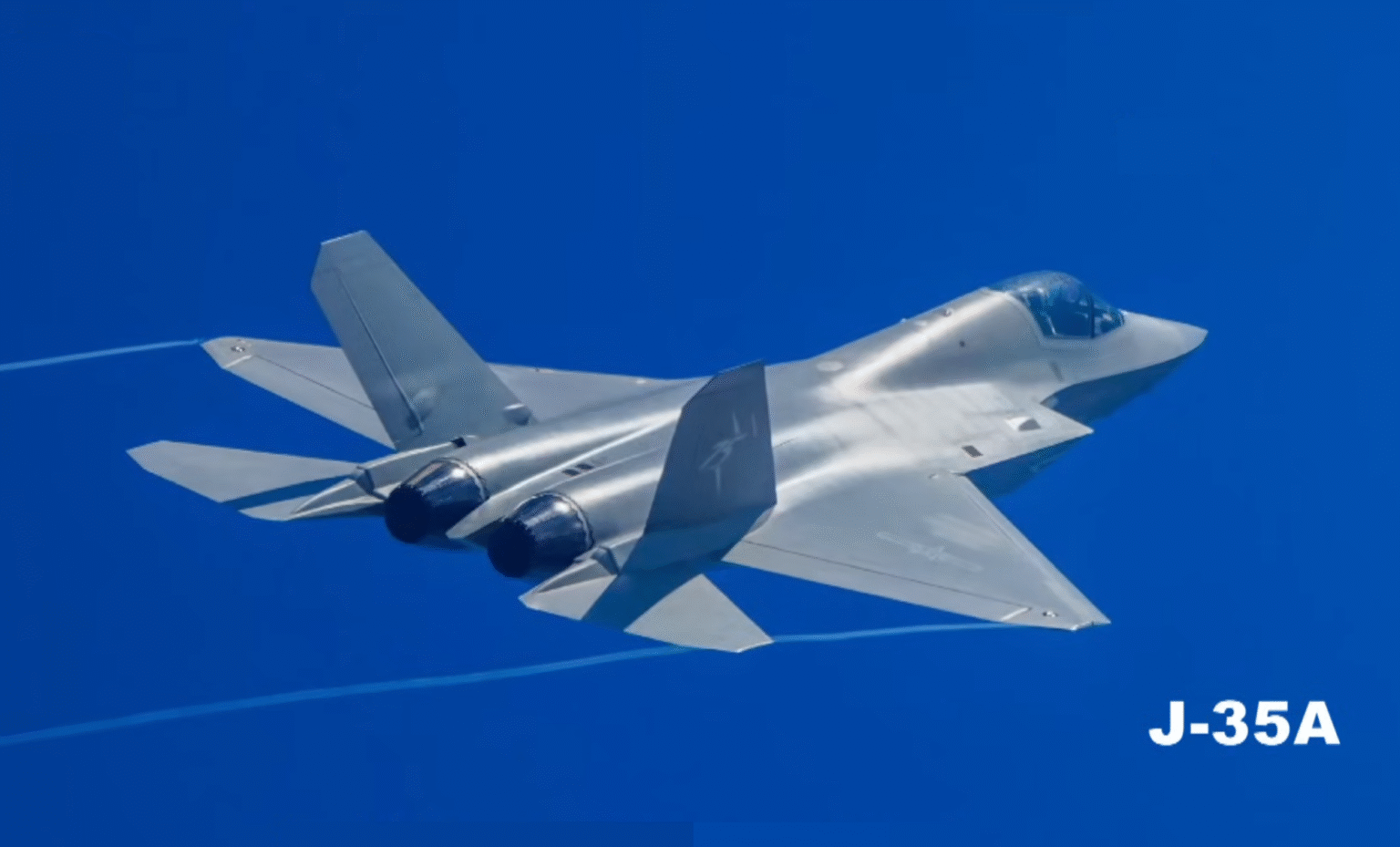Major defense deal with China to enhance Pakistan’s air superiority and missile defense capabilities.
Key Takeaways:
1. Pakistan has finalized a major defense deal with China for J-35 stealth jets, KJ-500 AWACS, and HQ-19 missile defense systems.
2. The acquisition aims to modernize Pakistan’s air force and enhance its missile defense capabilities amid regional security challenges.
3. The move reflects deepening Pakistan-China defense ties and is expected to boost local defense industry development.
Islamabad, Pakistan – In a significant move to strengthen its national defense, Pakistan is set to acquire advanced J-35 stealth fighter jets, KJ-500 Airborne Early Warning and Control (AWACS) aircraft, and HQ-19 long-range missile defense systems from China. The landmark deal, confirmed by defense officials, marks a new chapter in the strategic partnership between Islamabad and Beijing, aiming to modernize Pakistan’s air force and bolster its airspace security in the face of evolving regional threats.
The acquisition of the J-35, a fifth-generation stealth fighter, is expected to provide Pakistan with cutting-edge aerial capabilities, rivaling some of the most advanced combat aircraft in the region. The KJ-500 AWACS will significantly enhance Pakistan’s ability to monitor and control its airspace, while the HQ-19 missile defense system will offer a robust shield against potential ballistic missile threats.
Defense analysts believe this procurement will not only upgrade Pakistan’s deterrence posture but also serve as a counterbalance to recent military advancements by neighboring countries. The collaboration underscores the deepening military and technological ties between Pakistan and China, with both nations reiterating their commitment to regional stability and mutual security interests.
The deal is also seen as a strategic response to India’s ongoing modernization of its own air force and missile defense systems. Pakistani officials have emphasized that these acquisitions are essential for maintaining a credible defense and ensuring the country’s sovereignty in a rapidly changing security environment.
The new systems are expected to be integrated into Pakistan’s defense infrastructure over the next few years, with training and support provided by Chinese experts. The move is anticipated to create new opportunities for technology transfer and local defense industry development, further strengthening Pakistan’s self-reliance in defense production.




